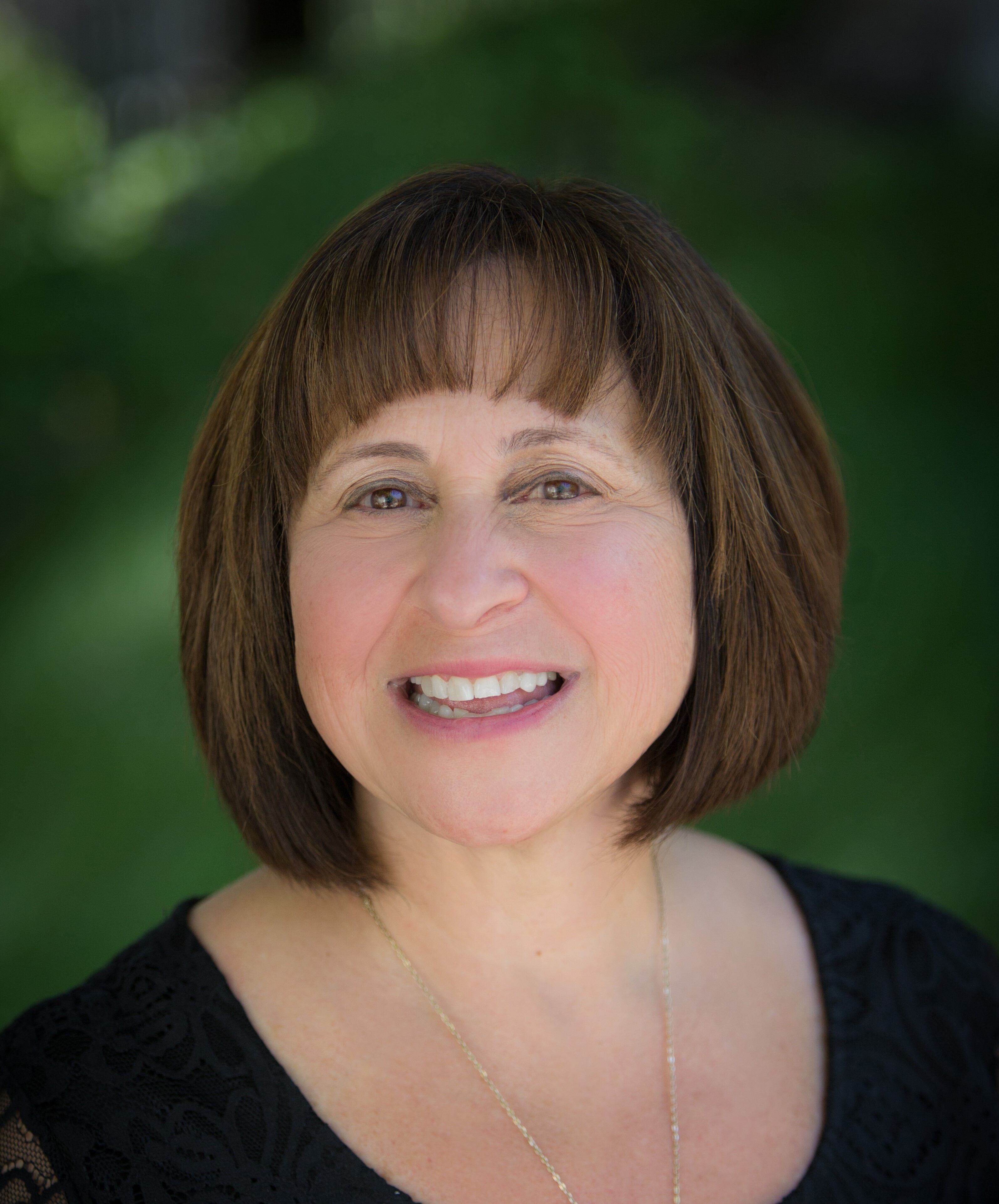As this week’s Torah portion, Vayishlach, opens, we encounter Jacob, twenty years after splitting with his brother Esau, preparing to meet him again. Jacob sends his men to try to pave the way; offering gifts – all in an effort to assess Esau’s mood and to ascertain what type of reconciliation he can expect with Esau. Amidst the preparation for the epic showdown, the Torah records Jacob’s showdown with another:
Jacob remained alone, and a man wrestled with him until daybreak. He [the man] saw that he could not defeat him, and he touched the joint of his thigh. Jacob's hip became dislocated from wrestling with him. And he [the man] said, 'Let me go for dawn is breaking.' He [Jacob] said, 'I will not release you unless you bless me.' He [the man] said 'What is your name?' He said, 'Jacob.' He said, 'Your name shall no longer be called Jacob rather Israel, for you have struggled with God and with man and you have been victorious.' Jacob asked, and said, 'Please tell me your name.' He said, 'Why are you asking for my name?' And he blessed him there. And Jacob called the place Pniel [God's face], 'for I have seen God face to face and my soul was saved.' The sun rose as he left Pnuel. And he was limping because of his thigh. Therefore the children of Israel do not eat the hip tendon until this very day, for Jacob's thigh joint was afflicted at the hip tendon. [Genesis 32:25-32]
What a remarkable passage…We know that Jacob wrestles all night. And, we know that when he could not prevail against him, the adversary touched the socket of his thigh. So many questions are raised – yet so few are answered directly in the text. If Jacob was alone, how is it possible that he wrestled with another person? Moreover, whomever Jacob is struggling with does not appear to know Jacob’s name; "What is your name?" he asks. Likewise, Jacob does not seem to know with whom he is struggling; begging him ‘Please tell me your name." And though the man refuses to answer, he nevertheless blesses Jacob. Would we not think that if a person had a relationship with another of such conflict and animosity, he would know with whom he was struggling? Furthermore, who is this that would bless Jacob, the very man with whom he spends the entire night fighting?
Is this another person? Is it Jacob himself? God? The text itself calls him "a man." On the other hand, according to the prophet Hosea, Jacob was struggling with an angel because "in the womb he took his brother by the heel, and by his strength he strove with a godlike being. He strove with an angel and prevailed" (Hosea 12:3-4). In yet another explanation, many rabbinic sages suggest that the struggle was between Jacob and the guardian angel of Esau.
Jacob, however, had no doubt of his partner in struggle; in his mind, it was God with whom he struggled. He called the place of the encounter Peniel, "because I saw God face to face and my soul was saved." Even his adversary implies as much when he gives Jacob the name Israel, "because you have struggled with God and with man and you have been victorious."
Given his personal and family history, I imagine Jacob experiencing much angst and conflict. Uncertain of his relationship with his brother, himself, and God, he struggles all night to figure out these relationships. He struggled with himself; he struggled with his perceptions of what he expected from Esau; and he struggled with God. And, I imagine, he struggled with his conscience.
Did Jacob know who he was? After all, he had lied to his father, stealing both Esau’s birthright and blessing. To have any chance of reconciliation with his brother, Jacob had to acknowledge that he had, in fact, done wrong; he had to wrestle with the guilt and disappointment in his own actions. He had to take an honest look in the mirror.
His night of wrestling was, in essence, a moment of reckoning. At the end of the night, he walked away with a pronounced limp, knowing he was Jacob; yet, he was no longer the same person. His struggle transformed him. So, his name was changed to Israel and through him we became known as B’nei Israel – the Children of Israel, a people who must wrestle with God and ourselves to determine our blessing, to experience the essence of our covenant, to accept our collective mission as a people.
Like Jacob, we too face moments in life that command our self-reflection and willingness to struggle. We too have to confront our inner selves - the good and the bad. We confront our own angel; we confront God; we confront ourselves. And, we wrestle with questions: Who are we? What have we done? How can we change and grow from within the depths of accepting our frailties. What does God really want from us?
And, like Jacob, we have to know that there are ways in which the damage remains, even as the path is lit with hope and reconciliation as we move into the future. As we create for ourselves new names and identities, we know that only through honest self-evaluation will we ultimately walk away renewed and transformed.
Shabbat Shalom.

